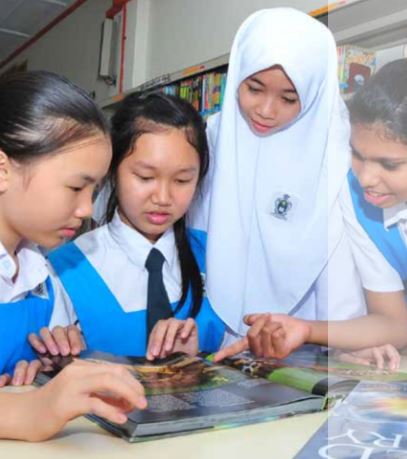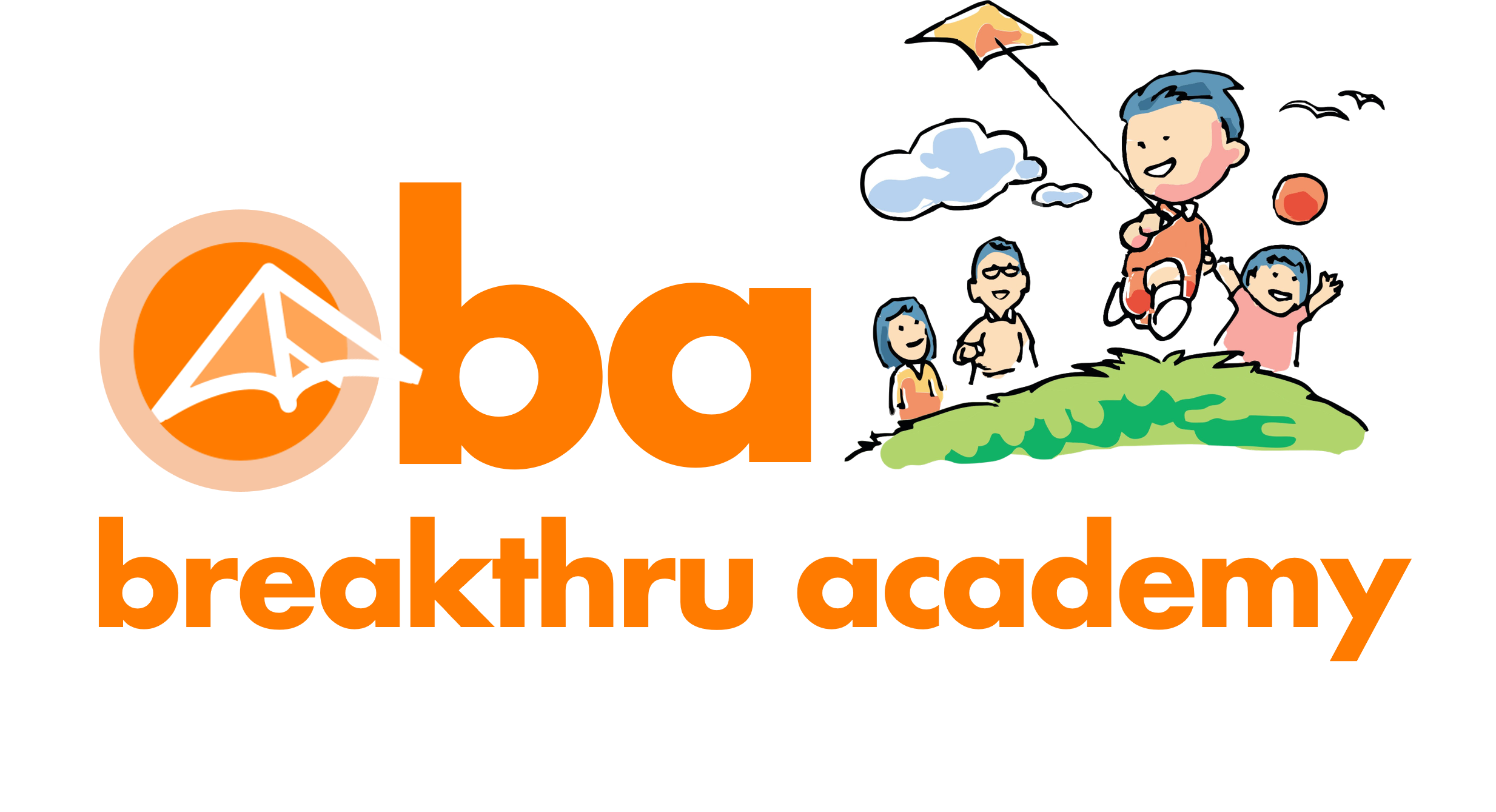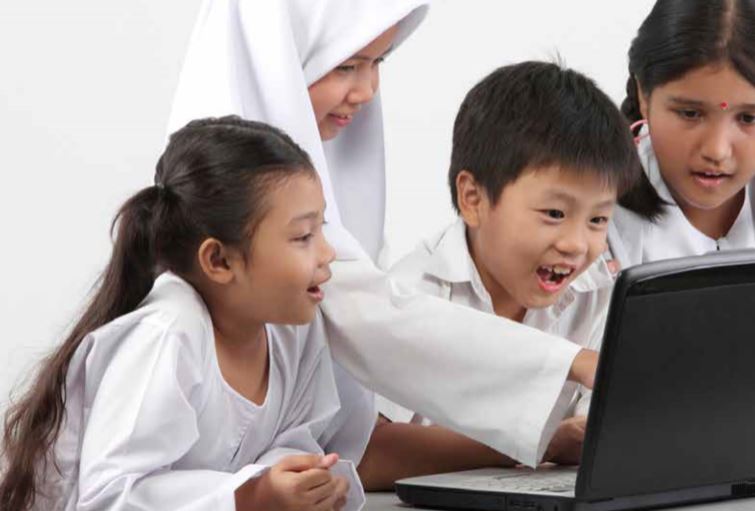Malaysian Education Blueprint 2016-2025 (Special Needs Section)
The Roadmap: Moving towards inclusive education for special education needs students
 Following the Salamanca Statement and Framework for Action on Special Needs Education (1994), many high-performing education systems have adopted a more inclusive approach to special needs education. The statement says that those with special needs must have access to mainstream schools and that mainstream schools with an inclusive orientation are the most effective means of overcoming discriminatory attitudes, creating welcoming communities and building an inclusive society.
Following the Salamanca Statement and Framework for Action on Special Needs Education (1994), many high-performing education systems have adopted a more inclusive approach to special needs education. The statement says that those with special needs must have access to mainstream schools and that mainstream schools with an inclusive orientation are the most effective means of overcoming discriminatory attitudes, creating welcoming communities and building an inclusive society.
Similarly, Article 28 of Malaysia’s Persons with Disabilities Act 2008 affirms that special needs children are to be given the necessary support to facilitate their “full and equal participation in education.” Based on international best practices and current national policy, the Ministry is committed to moving more students with special needs towards the inclusive education programme, and raising the overall quality of provision.
The Ministry will implement a series of initiatives to achieve these objectives with the first wave focused on strengthening existing programmes. The second wave will focus on scaling up initiatives, and increasing the pool of experts available to support students with specials needs–both to deal with an increasing number of such students and the broader range of special needs that are emerging. The third wave will evaluate these initiatives and consolidate successful ones. In implementing initiatives in all three waves, the Ministry will collaborate with specialist organisations such as the Southeast Asian Ministers of Education Organisation Regional Centre for Special Education Needs (SEAMEO-SEN).
Wave 1 (2013 – 2015): Strengthening existing foundations
Identifying special education needs and intervening early, and providing healthcare support The Ministry will adopt a policy whereby schooling options for special education needs students will be linked to carefully identified competency levels. High-functioning special education needs students who can cope with the mainstream curriculum and assessments will be encouraged to attend inclusive education programmes. Moderatefunctioning special education needs students will attend SEIP. Lowfunctioning special education needs students will be encouraged to attend special education schools where they can expect to learn a simplified curriculum focused on basic skills, life skills, and social skills.
The Ministry will enhance and ensure accreditation by 2013 for the 15 Pusat Perkhidmatan Pendidikan Khas (3PK), which provide support to special education needs students. It will also increase outsourced therapy services in schools.
Providing flexible, relevant and high quality curriculum
The Ministry will continue efforts to raise the quality and relevance of education by incorporating more vocational skills such as reflexology and computer graphics into all special needs curricula, upgrading infrastructure and equipment in both mainstream and special education schools, improving special education service centre facilities, providing basic special education training modules at the IPG and IPTA, providing in-service training modules with differentiated expertise levels (from basic to expert), and tailoring curriculum and assessment by student ability. The Ministry will engage with employers to support these efforts and develop a workplace transition programme to support special education needs graduates in entering the workplace. As a result of these efforts, the Ministry is projecting a 15%
annual increase in enrolment from approximately 50,000 students in 2011, to 88,000 by 2015. Of these 88,000 students, 30% are targeted for enrolment in inclusive education programmes.
In addition, the Ministry aims to develop partnership options with vocational training institutes to provide alternative special education venues. There are also plans to collaborate with the private sector and NGOs to buy seats at existing vocational training centres and to define clear guidelines for course providers to help institutionalise the quality of the special education needs curriculum.
Creating a pipeline of trained teachers and other specialists
The Ministry plans to make special education needs a core subject in IPG and IPT syllabi, to ensure that all teachers are equipped with basic skills and awareness of the needs of students with special education needs. In addition, in-service training programmes by BPG and IAB will be offered to teachers and school leaders who are interested in specialising in special education needs teaching and curriculum development. The goal is to train an additional 1600 teachers during the first wave of the Blueprint. The curriculum for these teachers will include topics like pedagogical approaches, psychology and techniques to teaching special education needs students.
The Ministry is willing to accept the services of volunteers from the community to complement the role of teachers. Community volunteers will assist the main teachers in implementing daily academic tasks with students, creating materials for the classroom and meeting the intervention requirements of students.
Preparing strong supporting infrastructure and finances
The Ministry aims to double efforts to refit existing schools according to basic special education needs. The needs of special education needs students will also be taken into account in the building of new schools and facilities.
Creating public awareness and involvement
The Ministry will roll out an integrated communications programme to raise awareness of children with special education needs, including the development of an integrated web portal and a national media campaign including ads, through electronic and printed media.
Wave 2 (2016 – 2020): Scaling up initiatives
Identifying special education needs and intervening early, and providing healthcare support
In Wave 2, the Ministry will scale up provision of early intervention services, increase inclusion programmes within mainstream preschool settings, set and improve the standard of support services for special education needs children. The Ministry will also collaborate with the Ministry of Health to fast track and formalise the process of early diagnosis of special needs children.
Creating a pipeline of trained teachers and other specialists
The Ministry will focus on further strengthening teacher training programmes to improve in the implementation of the Individualised Education Programme (IEP). The Ministry will collaborate with the Ministry of Health to establish a multi-disciplinary group made up of doctors, therapist and other specialist to train teachers. The Ministry will also support and train the management of schools that volunteer for inclusive education programmes.
Offering robust support infrastructure and finances
Building on the partnerships forged in Wave 1, the Ministry will further strengthen its relationships with other organisations, such as NGOs, international organisations, private sector organisations, and government agencies. For instance, the Ministry will explore further cooperation with the Ministry of Human Resources to find work placements for special education needs graduates. Partnership support could come in the form of funding, the development of joint workshops and programmes for students, and professional services from specialists such as audiologists and occupational therapists. The Ministry will also work towards the goal of ensuring that community volunteer support is available to all schools during this wave. On the infrastructure front, the target is to have all schools upgraded with disabled-friendly facilities by 2020 and to leverage technology to boost the learning of special education needs students.
Creating public awareness and involvement
Following pilot buddy programmes in Wave 1, the Ministry aims to roll out buddy clubs in every inclusive school, where every special education needs student will be paired with another student from the same school. It will also continue its efforts to scale up the integrated communications campaign to raise awareness about special education needs students. The Ministry will also launch an initiative to create a training module for educational management for community centres and utilise a “train the trainer” model to train community centre teachers.
Wave 3 (2021 – 2025): Evaluating and consolidating initiatives
In Wave 3, the Ministry will evaluate the success of all initiatives from the first two waves, and develop a roadmap for the future accordingly. The aim is to give every child with special needs access to a highquality and relevant education that is tailored to his or her particular needs, to have every teacher equipped with basic knowledge of special education, and to have 75% of students with special needs enrolled in inclusive programmes by 2025.

